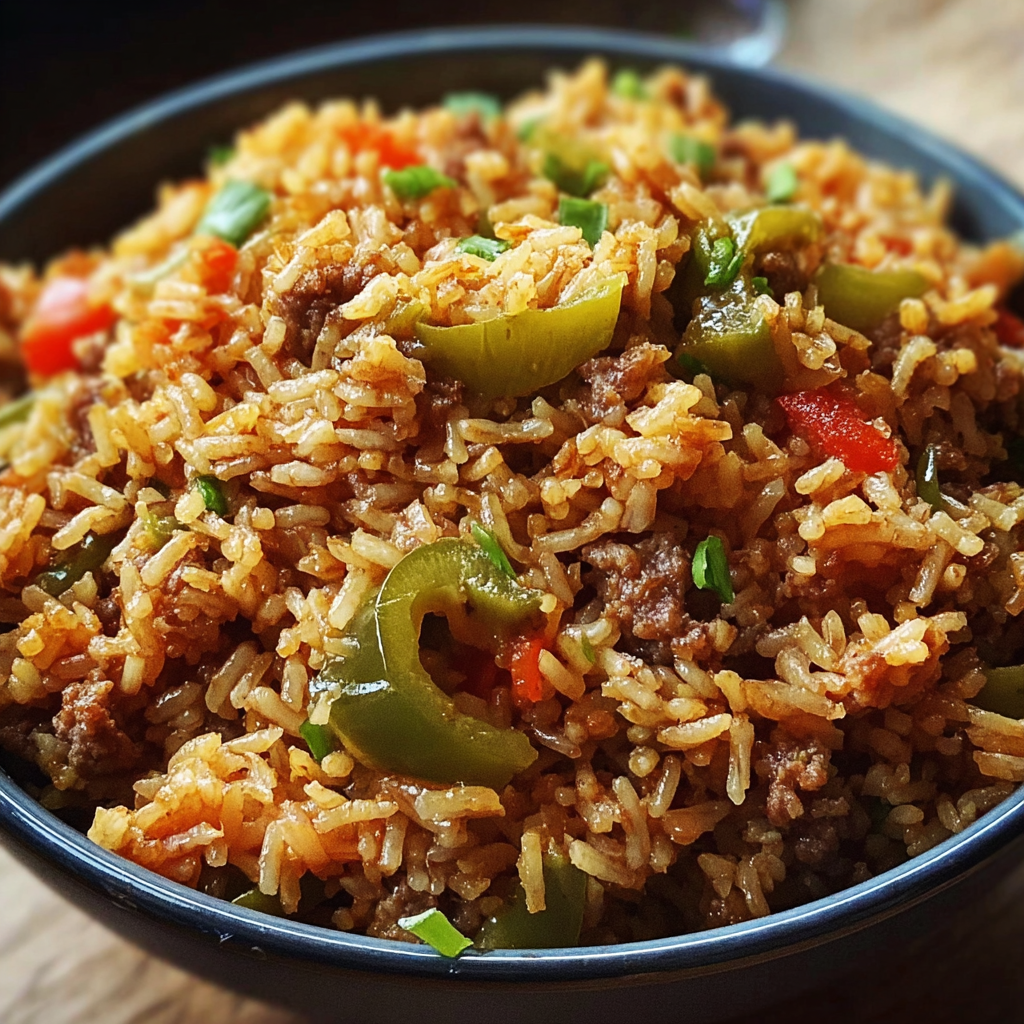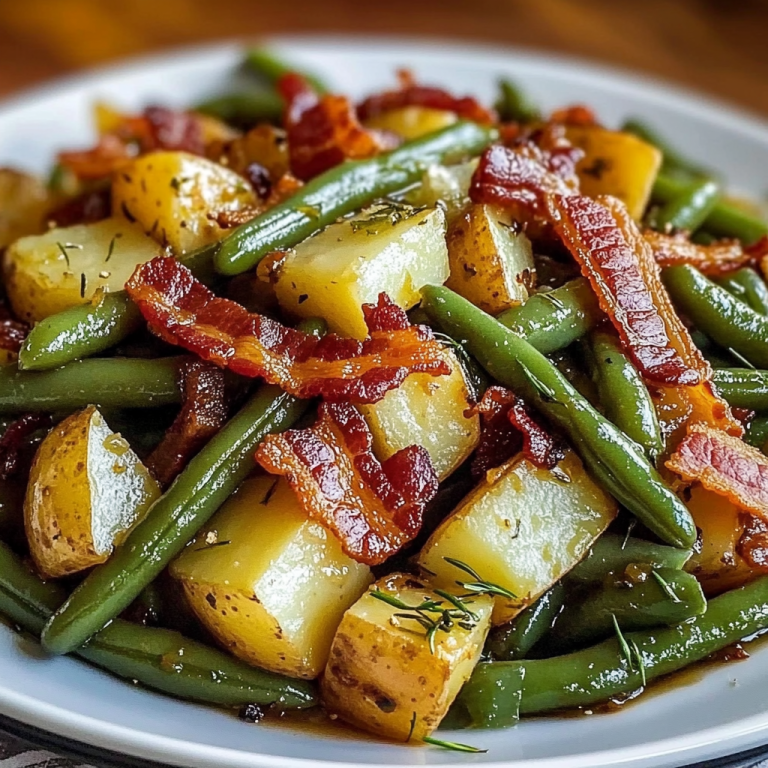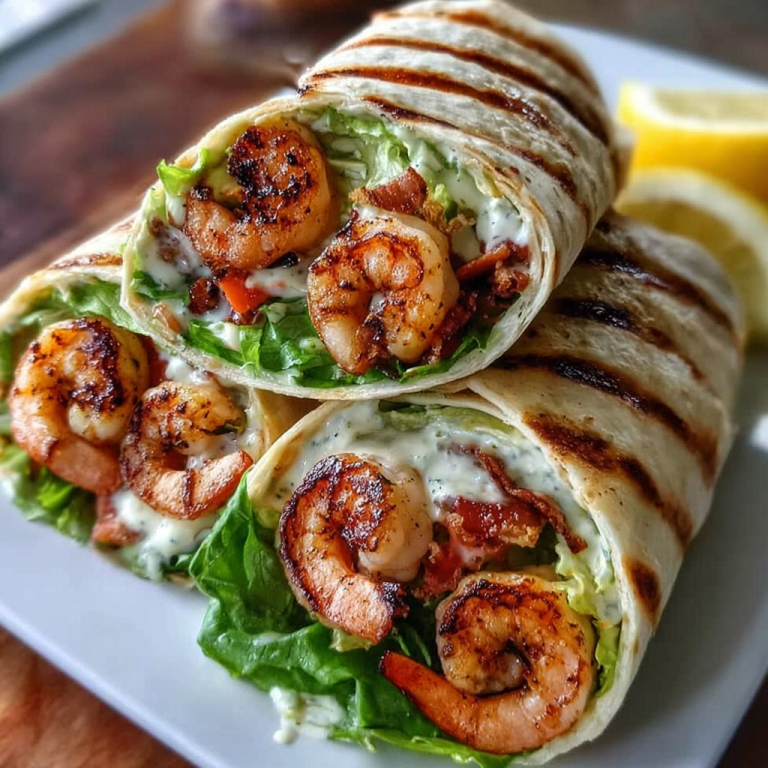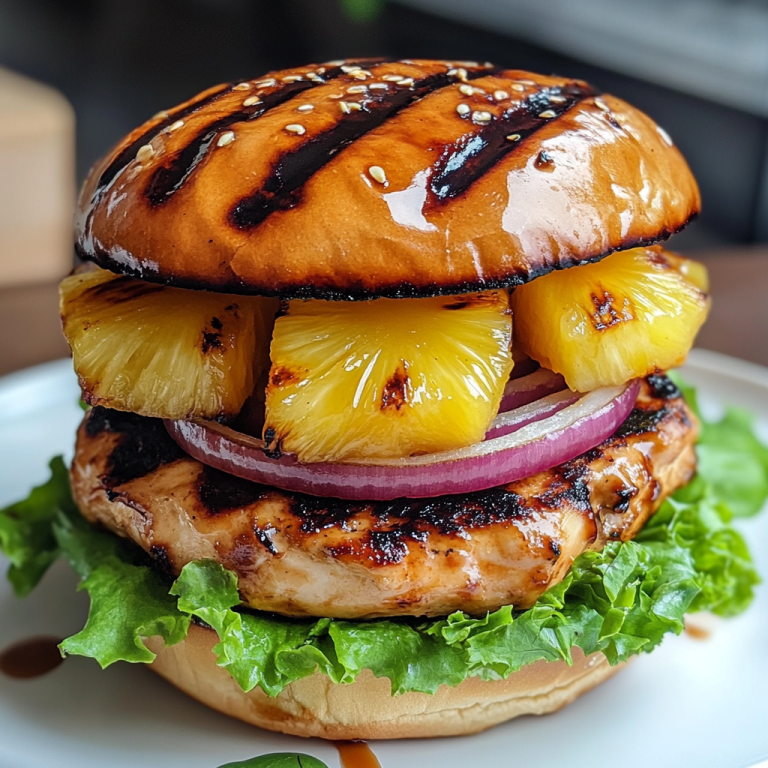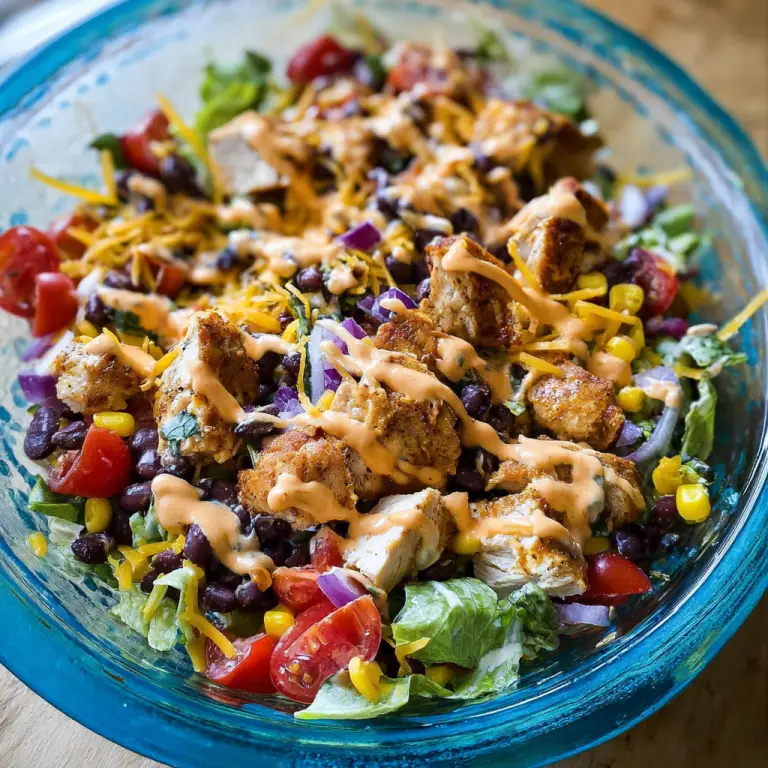Cajun Rice
Introduction to Cajun Rice
Few dishes capture the soul of Southern comfort food like Cajun rice. Known for its bold flavors, rustic roots, and heartwarming appeal, this rice dish has become a staple in Louisiana kitchens and across America. It’s simple yet packed with history, weaving together French, African, and Spanish influences that make Cajun cooking truly unique.
But what exactly makes Cajun rice stand out from other rice dishes? To answer that, we need to take a closer look at its origins, key ingredients, and the cultural traditions that gave it life.
According to the history of Cajun cuisine, rice became central to Louisiana cooking because it was cheap, filling, and could absorb the bold spices that Cajun people brought into every meal. Even today, it remains a shining example of resourceful, flavorful cooking that turns humble ingredients into a feast.
And if you want to understand the heart of Louisiana, exploring its food culture is essential. From gumbo to jambalaya, authentic Louisiana food traditions highlight how Cajun rice fits into a much larger story of family, community, and celebration.
What is Cajun Rice?
At its core, Cajun rice is a seasoned rice dish that uses aromatic vegetables, rich spices, and often some type of meat for added depth. Some compare it to dirty rice, and while they’re similar, there are distinctions:
- Dirty rice traditionally includes chicken livers, giving it a darker “dirty” appearance.
- Cajun rice can be lighter, often prepared with ground beef, pork, or sausage.
- Both share the same base seasonings and the “Holy Trinity” of Cajun cuisine: onions, bell peppers, and celery.
Cajun rice is versatile. It can be a one-pot meal, a side dish, or even the star of the table alongside fried chicken or seafood.
Essential Ingredients in Cajun Rice
The power of Cajun rice lies in the balance of simple but bold ingredients.
Key Components:
- Rice: Traditionally long-grain rice for its fluffy texture.
- Aromatics (The Holy Trinity): Onions, bell peppers, and celery form the flavor base.
- Proteins: Ground beef, pork, andouille sausage, or chicken livers.
- Spices: Cajun seasoning mix with paprika, cayenne, garlic powder, thyme, and black pepper.
- Liquid: Chicken broth or beef stock to infuse richness.
These elements create a flavorful and hearty dish that embodies authentic Cajun flavors.
Cooking Techniques
There are several ways to prepare Cajun rice, but the traditional method keeps everything in one pot:
- Sauté onions, bell peppers, and celery until softened.
- Brown the meat (ground beef or sausage) to release savory notes.
- Add rice and toast lightly for nutty flavor.
- Pour in broth and spices, cover, and simmer until fluffy.
Modern cooks also use rice cookers or pressure cookers for convenience, but stovetop remains the gold standard for developing flavor.
Upgrade your lunch with this Creamy Avocado Grilled Cheese — melty, buttery, and packed with fresh flavor.
Regional & Cultural Variations
Cajun rice isn’t the same everywhere. Variations appear depending on family recipes and local preferences:
- Louisiana Cajun: Heavier on spice, often including andouille sausage.
- Creole Influence: More tomato-based and aromatic, sometimes with seafood.
- Modern Versions: Restaurants experiment with shrimp, crawfish, or even plant-based proteins.
This adaptability makes Cajun rice a timeless dish that continues to evolve.
Classic Cajun Rice Recipe (Step-by-Step)
Ingredients:
- 1 lb ground beef or pork sausage
- 2 cups long-grain white rice
- 1 onion, chopped
- 1 tomato, diced
- 1 green bell pepper, diced
- 2 stalks celery, diced
- 3 cups chicken broth
- 2 tsp Cajun seasoning (or more, to taste)
- 1 tsp paprika
- ½ tsp thyme
- 1 bay leaf
- Salt & black pepper
Steps:
- Heat oil in a large skillet or pot.
- Add onion, bell pepper, tomato, celery → cook until tender.
- Add ground meat → brown and season with spices.
- Stir in rice and toast 1–2 minutes.
- Pour in broth and bay leaf → bring to a boil.
- Lower heat, cover, and simmer 20 minutes until rice is cooked.
- Fluff with fork and serve hot.
Variations and Substitutes
One of the best things about Cajun rice is its adaptability. While the traditional recipe calls for long-grain white rice, ground meat, and Cajun spices, there are countless ways to make it your own depending on dietary needs, preferences, or simply what you have in the pantry.
Vegetarian and Vegan Cajun Rice
For a meat-free version, replace ground beef or sausage with hearty vegetables like mushrooms, eggplant, or zucchini. Lentils or black beans also work well, adding protein and texture. Vegetable broth can replace chicken or beef stock, while a plant-based Cajun seasoning keeps the dish authentic and bold.
Seafood Cajun Rice
Louisiana is known for its seafood, and incorporating shrimp, crawfish, or crab can take Cajun rice to the next level. Simply sauté seafood separately and fold it into the rice at the end to prevent overcooking. This variation is especially popular at family gatherings and festivals.
Healthier Swaps
For a lighter dish, swap white rice with brown rice or even quinoa. Both add extra fiber and nutrients while keeping the dish flavorful. Reducing the amount of oil or using lean meats like ground turkey is another easy way to make it healthier without losing taste.
Creative Additions
- Add smoked sausage or andouille for a deeper smoky flavor.
- Incorporate extra vegetables such as okra, corn, or tomatoes.
- Use low-sodium broth and spice mixes for a heart-healthy option.
What makes Cajun rice special is that there’s no single “right” way to prepare it. Each variation reflects creativity, tradition, and personal taste, proving that this Southern classic can fit into any kitchen and lifestyle.
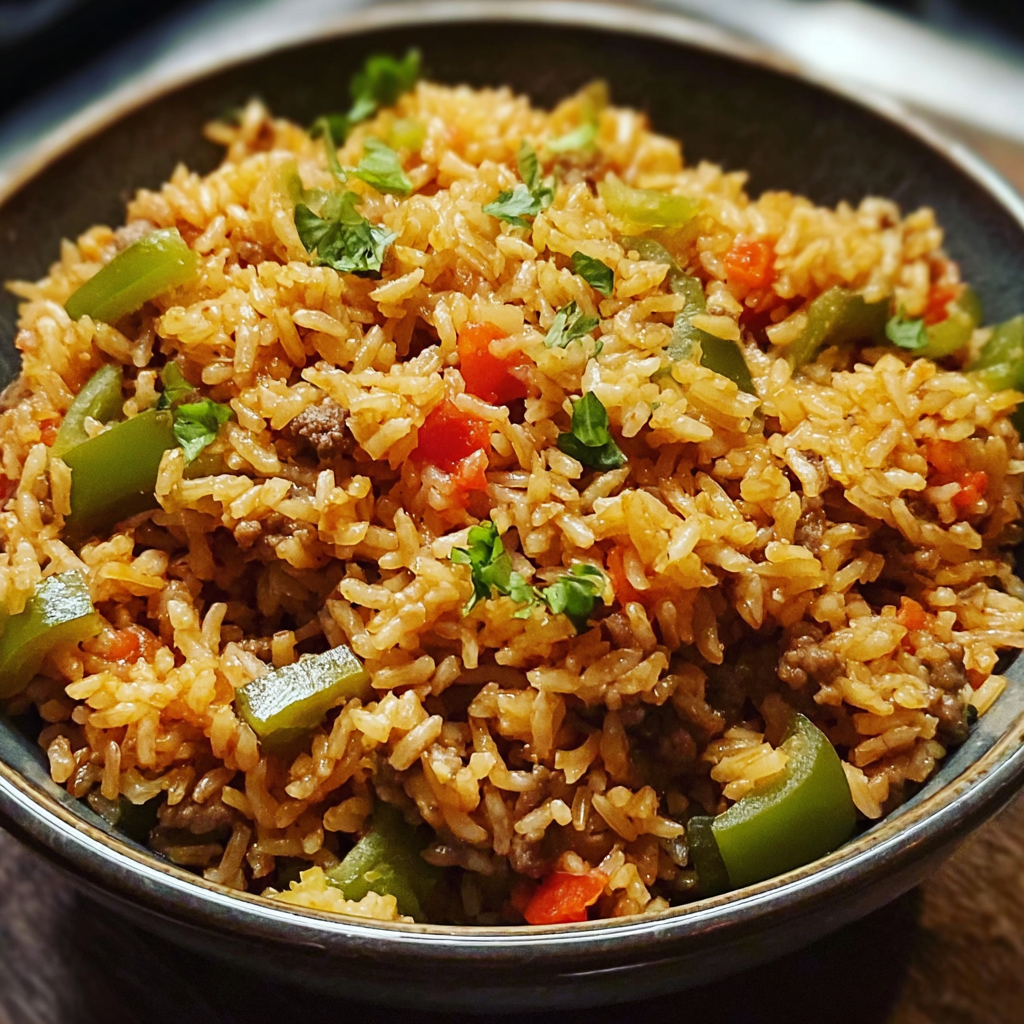
Serving Suggestions
One of the many reasons Cajun rice is such a beloved dish is its versatility at the table. It can shine as a hearty main course, serve as a flavorful side, or even become the star of a buffet spread. How you serve it depends on the occasion — and your appetite.
As a Main Dish
Cajun rice is filling enough to stand on its own, especially when prepared with ground beef, sausage, or seafood. Add a simple green salad or roasted vegetables on the side, and you’ve got a complete meal that balances bold spices with freshness.
As a Side Dish
In many Louisiana kitchens, Cajun rice often accompanies other Southern favorites. It pairs beautifully with:
- Fried chicken or fried catfish
- Gumbo or jambalaya
- BBQ ribs or smoked brisket
- Grilled shrimp or crab boils
Its mild yet spicy flavor makes it the perfect complement to rich, saucy, or smoky dishes.
For Gatherings and Parties
Because it’s affordable, easy to prepare in large batches, and crowd-pleasing, Cajun rice is a go-to for potlucks, cookouts, and family reunions. You can prepare it ahead of time, keep it warm in a slow cooker, and let guests serve themselves.
Everyday Meal Prep
For busy weeknights, portion Cajun rice into containers and store in the fridge. It reheats beautifully and stays flavorful for days, making it a reliable choice for quick lunches or dinners.
No matter how it’s served, Cajun rice delivers comfort, flavor, and flexibility that few dishes can match.
Storage & Reheating Tips
One reason Cajun rice is beloved is its ability to last:
- Refrigerator: 3–4 days in an airtight container.
- Freezer: Up to 3 months; reheat with a splash of broth.
- Reheating: Use stovetop with a drizzle of oil to keep moisture.
Nutrition & Health Insights
While flavorful, Cajun rice can be adjusted to meet health goals:
- A typical serving is about 250–350 calories.
- High in carbs due to rice, but protein levels vary with meat.
- Sodium can be high if using pre-mixed Cajun seasoning.
For healthier choices, use lean meats, brown rice, and homemade spice blends. You can also read about using spices for healthier cooking for more ways to balance flavor and nutrition.
FAQs about Cajun Rice
What is the difference between Cajun rice and dirty rice?
Dirty rice often includes chicken livers for a deeper flavor and darker look, while Cajun rice may skip them.
Can I make Cajun rice without meat?
Yes! Mushrooms, lentils, or plant-based sausages work well.
What rice works best for Cajun rice?
Long-grain white rice gives the fluffiest results.
How spicy is Cajun rice traditionally?
It depends — some recipes are mild, others heavy on cayenne pepper. Adjust to taste.
Is Cajun rice the same as jambalaya?
No. Jambalaya is usually tomato-based and more like a stew, while Cajun rice is simpler.
Can I freeze Cajun rice after cooking?
Yes, up to 3 months. Reheat with broth for best texture.
Conclusion
Cajun rice is more than just a side dish — it’s a celebration of Louisiana’s food culture and the resilience of its people. With simple ingredients like rice, vegetables, and spices, this dish transforms into something bold, hearty, and deeply satisfying. Whether you enjoy the traditional version with sausage, experiment with seafood like shrimp and crawfish, or create a lighter vegetarian twist, Cajun rice proves that great cooking doesn’t have to be complicated.
Its versatility is part of what makes it so beloved. Serve it alongside fried chicken, gumbo, or BBQ, and it instantly becomes the star of the meal. Prepare a big pot for family gatherings, or portion it out for weekday meals — either way, it delivers flavor and comfort in every bite.
More importantly, Cajun rice carries a story. Each spoonful reflects centuries of tradition, blending French, African, Spanish, and Native influences into one uniquely Southern creation. It’s food with history, soul, and heart — exactly what Cajun cuisine is all about.
So the next time you’re craving something warm, flavorful, and unforgettable, make a pot of Cajun rice. It’s not just dinner — it’s a piece of Louisiana served at your table.

